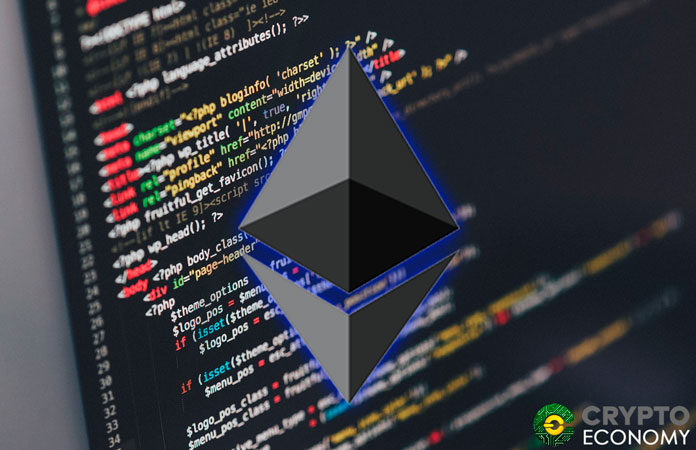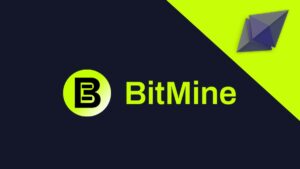The Ethereum Foundation roadmap could suffer a serious setback if the planned release of the Constantinople code upgrade misses its launch later this year. Its scheduled testnet release on the Ropsten blockchain failed to proceed after what is suspected to be miners failing to activate the testnet code upgrade.
The testnet was scheduled to happen at the block height 4,300,000 which was approximated to be early October 14th but the Ropsten testnet stalled at block 4,299,999 for an extended period of time. Initially, the developers associated the failed upgrade to bugs within the code that prevented the code from running.
One developer on the Ethereum Gitter developer’s platform wrote:
“The fact that all clients are ‘stuck’ means that there is no valid Constantinople block yet… Not for later: never fork on weekends.”
After two hours of troubleshooting, the blockchain proceeded but there was hardly any confirmed transaction on the forked testnet. Core developers embarked on a Twitter campaign to call on test-net miners to activate their code upgrade and support the fork.

Even with all these reasons, it was clear that miners were reluctant to embrace the proposed code upgrade that the Constantinople hard fork represents.
Constantinople will be Ethereum’s biggest code-upgrade to date and some of the changes proposed to come with it include the most contentious of them, “two-thirding” of the block reward. The core developers at the Ethereum Foundation have proposed to reduce the block reward from the current 3 ETH to 2 ETH every 14 seconds of block creation time. This move is set to drastically improve the Ethereum (ETH) inflation which currently is at 7.4%. Such as move is expectedly not sitting well with the miners who have expressed their concerns about profitability.
The launch of the Constantinople hard fork is scheduled for late November this year.










